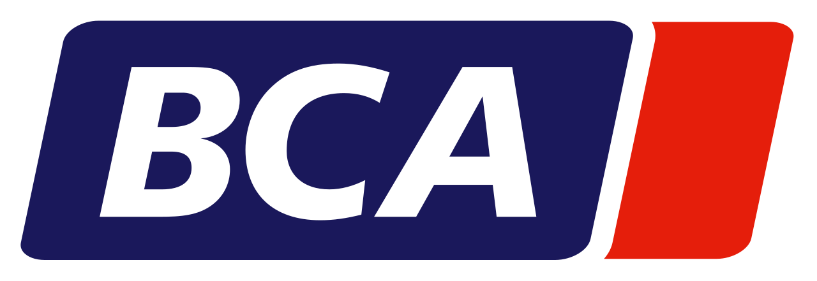British Car Auctions (BCA)
DVLA Timed Auction of Personalised Registrations
The Client
British Car Auctions (BCA) operates the auctions of personalised registration numbers on behalf of the DVLA.
The Context
Since 1989, DVLA have sold registration numbers by auction at various venues across the UK. If you want a specific registration number, you can ask the DVLA and if the registration is available, they will include it at one of their auctions.
As the demand for more accessibly-priced registrations had grown considerably by 2010, DVLA started selling them through online-only timed auctions. Initially running twice a year, the number of online auctions steadily increased as more and more requests were received.
In 2015, BCA decided that the online timed auction system needed significant improvements. Their existing tech was deemed end-of-life, so OpusVL were commissioned by BCA to develop a new auction platform on a new technology stack.
The Brief
The DVLA wanted to sell to the highest bidder on a maximum bid basis, and in the interest of fairness, introduce lots with sliding end times to stop auction ‘snipers’.
As Piers England, Contract Manager at BCA explains:
"We wanted bidders to be able to set a maximum bid of, for example, £1000 for their desired lot. The lot may have a starting value of £500 and the customer’s bid will go up from there in increments of £10 each time someone bids against them. This will continue until the maximum bid is reached when the bidder will be asked if they wish to increase further. Alternatively, the lot may not have many people bidding for it and the bidder will end up purchasing it for less than their stated maximum amount."
Sniping is the technique of outbidding the winner in the last seconds of the auction, so they do not have time to place a counter-bid. It was critical to BCA that an anti-sniping mechanism was added, so that all bidders have the opportunity to increase their maximum bid if they wished.
As well as automating general administrative processes, BCA needed to advise the DVLA about which lots can be released to the purchasers. This includes a variety of documentation needed by the purchaser to assign the registration number to a vehicle. These can only be released once full payment has been made, and if someone has purchased five registration numbers, for example, all five must be paid for before they are released.
Due to the high value of many of these lots, BCA also request a deposit payment from bidders when the total value of their bids reaches a certain amount.
This links to another required aspect of the solution, which was managing BCA's complex accounting requirements. These unique requirements were unable to be met through current off the shelf products, or established online auction services, so BCA required a tailor-made system in order to fulfil their accounting needs.
